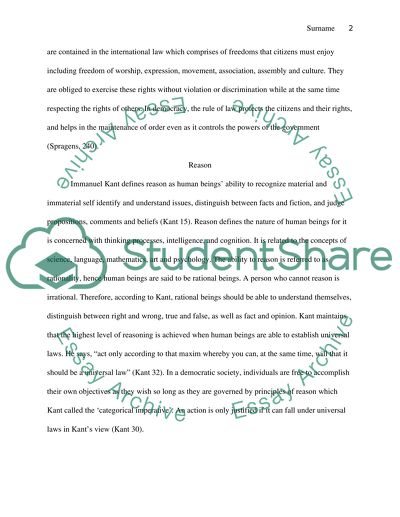Cite this document
(Connection of the Belief in Democracy and Belief in the Power of Human Research Paper, n.d.)
Connection of the Belief in Democracy and Belief in the Power of Human Research Paper. Retrieved from https://studentshare.org/philosophy/1451195-democracy
Connection of the Belief in Democracy and Belief in the Power of Human Research Paper. Retrieved from https://studentshare.org/philosophy/1451195-democracy
(Connection of the Belief in Democracy and Belief in the Power of Human Research Paper)
Connection of the Belief in Democracy and Belief in the Power of Human Research Paper. https://studentshare.org/philosophy/1451195-democracy.
Connection of the Belief in Democracy and Belief in the Power of Human Research Paper. https://studentshare.org/philosophy/1451195-democracy.
“Connection of the Belief in Democracy and Belief in the Power of Human Research Paper”, n.d. https://studentshare.org/philosophy/1451195-democracy.


